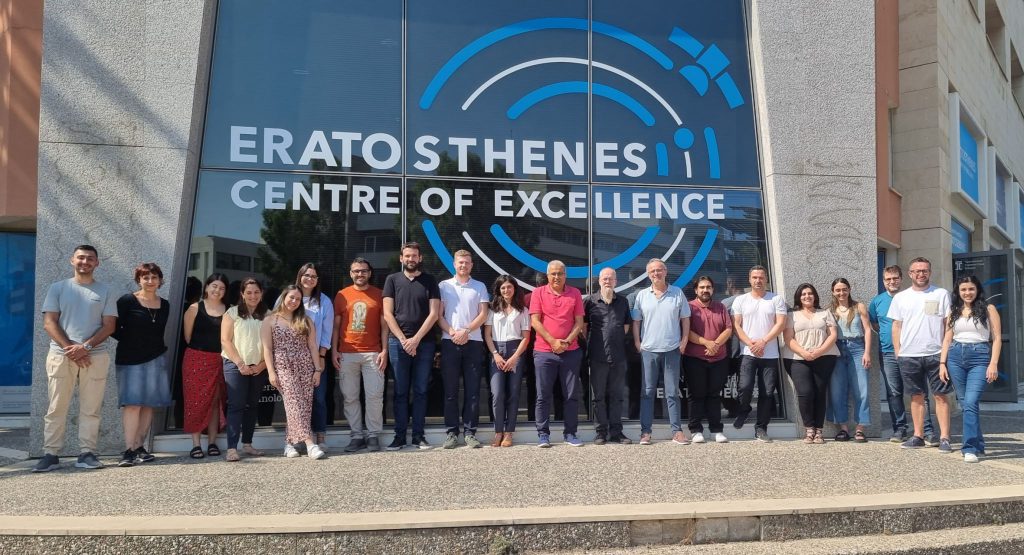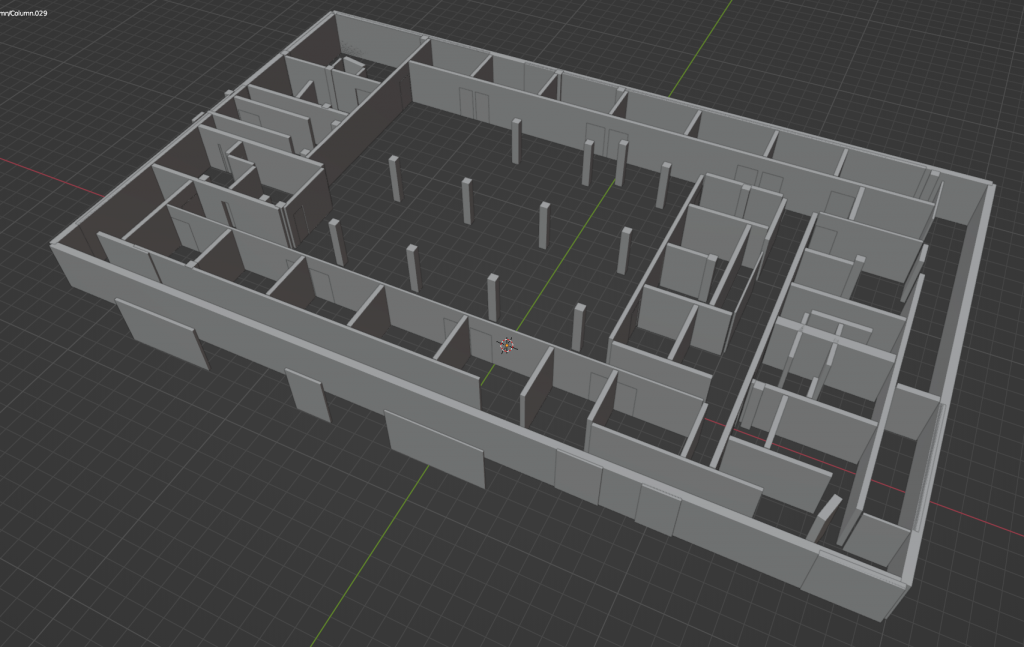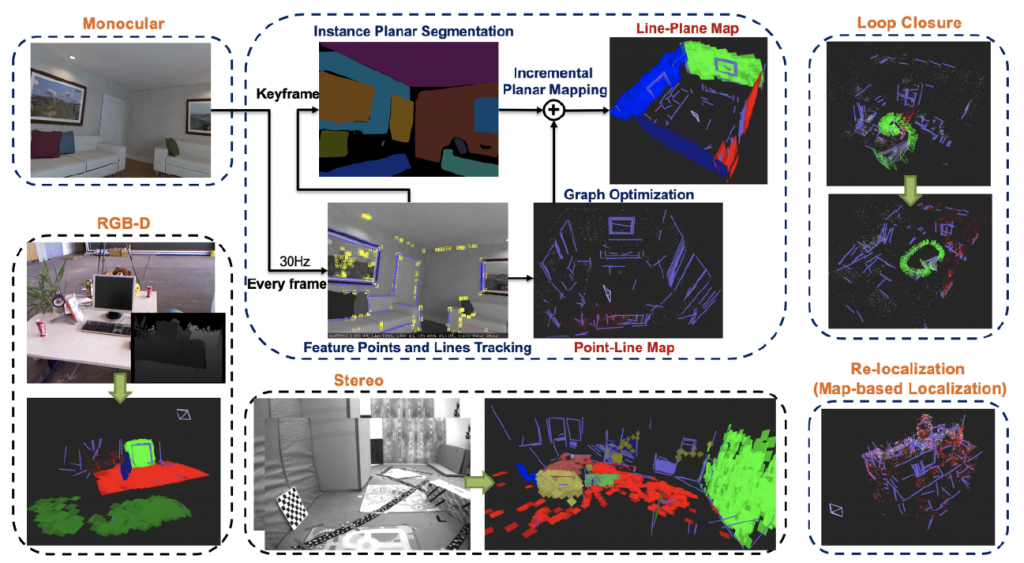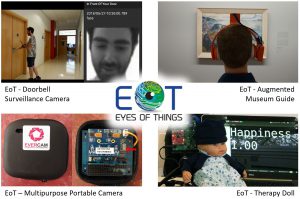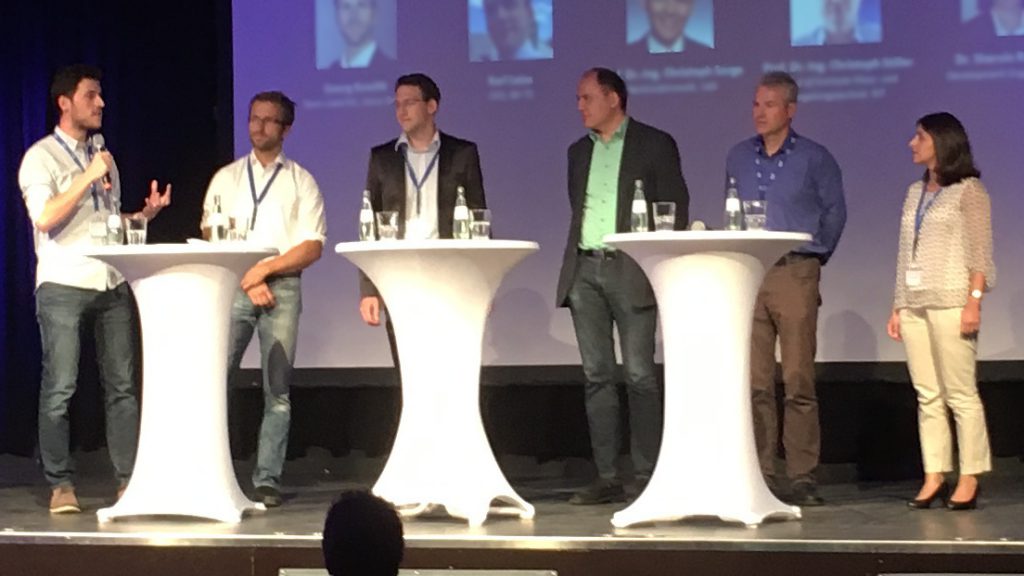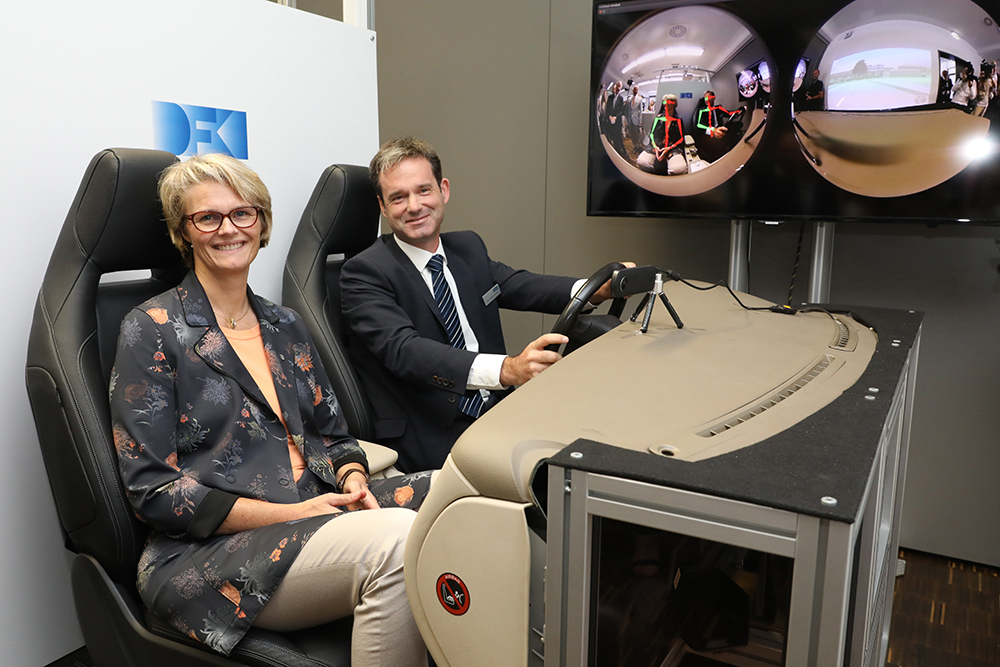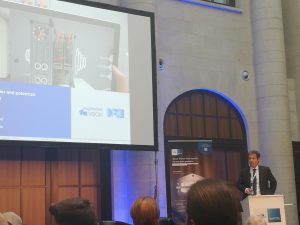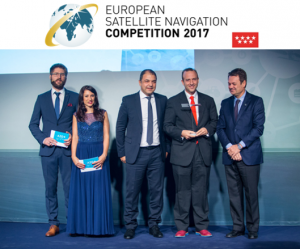On the 5th and 6th of September 2023, the new EU project dAIEdge “A network of excellence for distributed, trustworthy, efficient and scalable AI at the Edge“ officially took off.
The kick-off meeting held at DFKI in Kaiserslautern was an excellent occasion to meet with the 36 partners from 15 European countries and launch the activities of the network!
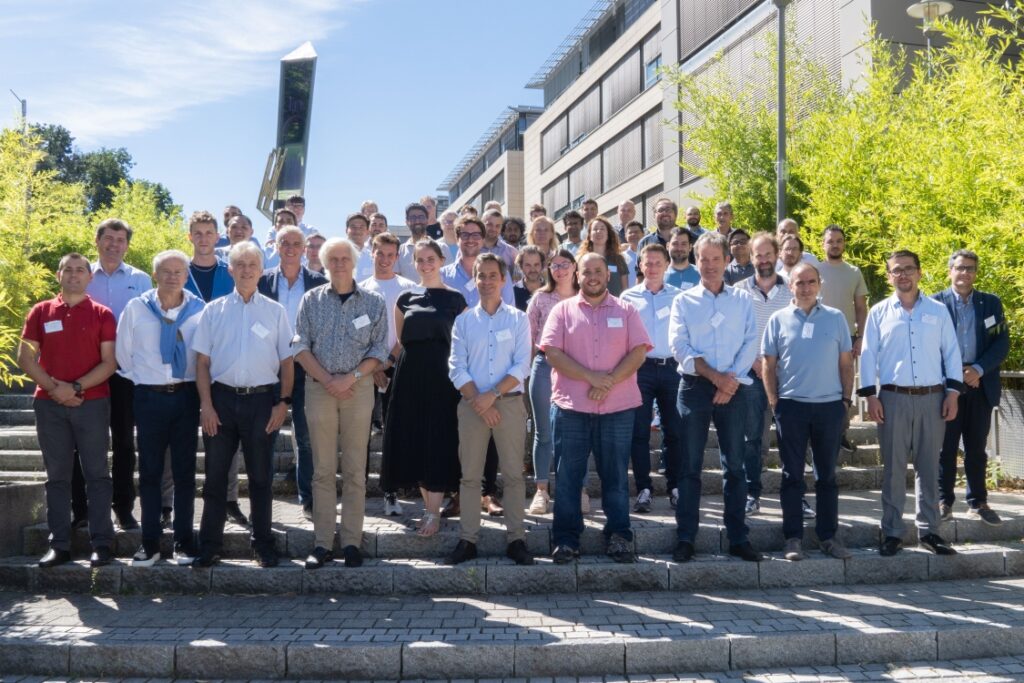
The main goal of dAIEDGE is to support and ensure the rapid development and market adoption of distributed edge AI technologies, such as hardware, software, frameworks, and tools.
The applications of dAIEDGE will be used in a wide range of domains, such as the Internet of Things (IoT), intelligent transportation systems, satellite imagery and robotics.
The network has a project volume of €14.4 million, of which €10.7 million is funded by the European Union. Looking forward to a fruitful collaboration and a successful project!
Contact persons:


